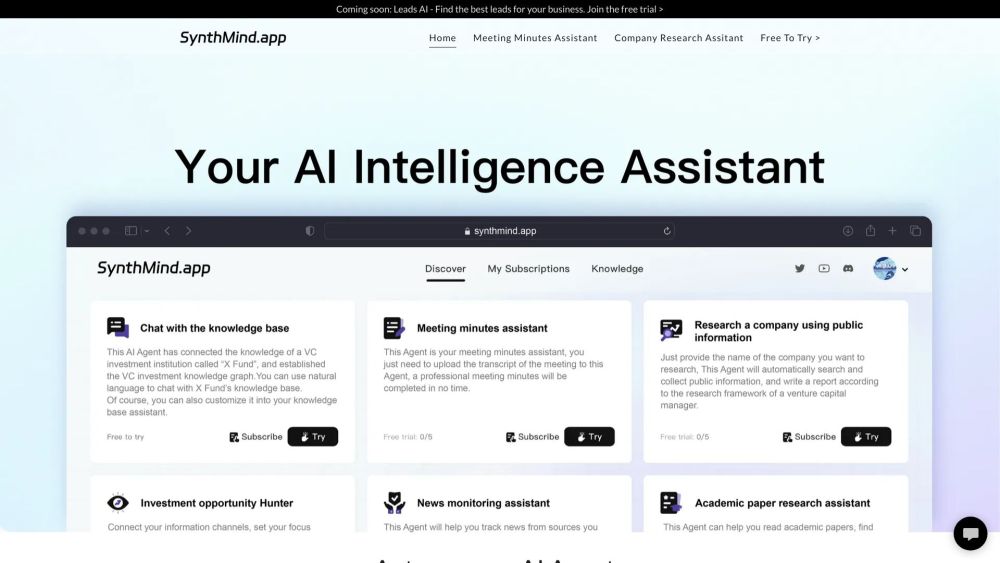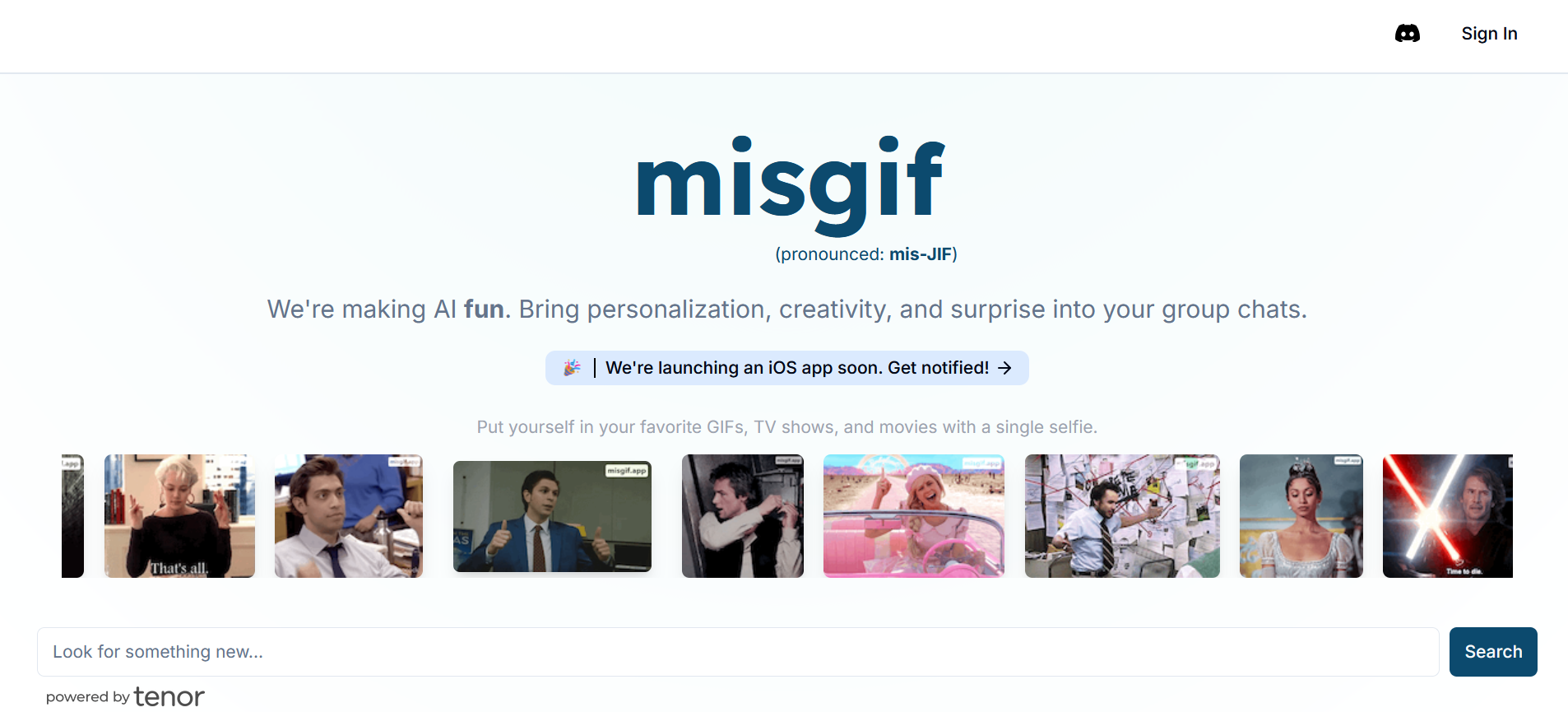Global Addressing Initiative: MIT Media Lab and Facebook Collaboration
Approximately four billion people worldwide lack a physical address. In response to this pressing issue, the MIT Media Lab and Facebook are collaborating on an innovative solution that harnesses machine learning to generate addresses using satellite imagery. This approach aims to offer a cost-effective and efficient alternative to traditional mapping methods.
As detailed in a recent research paper, the team has developed a deep learning algorithm capable of analyzing satellite images to identify pixels that represent roads. Another algorithm then connects these pixels into a cohesive road network, which can be further analyzed and divided into quadrants. Once the network is established, streets receive unique numbers and letters, functioning as their addresses. This systematic assignment facilitates the identification of intersections and nearby locations, making navigation intuitive and straightforward.
This initiative is not the first to tackle the addressing challenge in rural areas. Google launched Open Location Codes in 2015 to label unmarked regions, while the organization what3words has created a global grid, assigning a unique, randomly generated three-word combination to every three-by-three meter square.
However, the primary challenge of these solutions lies in widespread adoption. While assigning addresses is relatively straightforward, securing acceptance from governments and communities remains difficult. Nonetheless, the implementation of physical addresses is crucial for providing essential services such as medical care and package deliveries, as well as for effective infrastructure planning and development.




